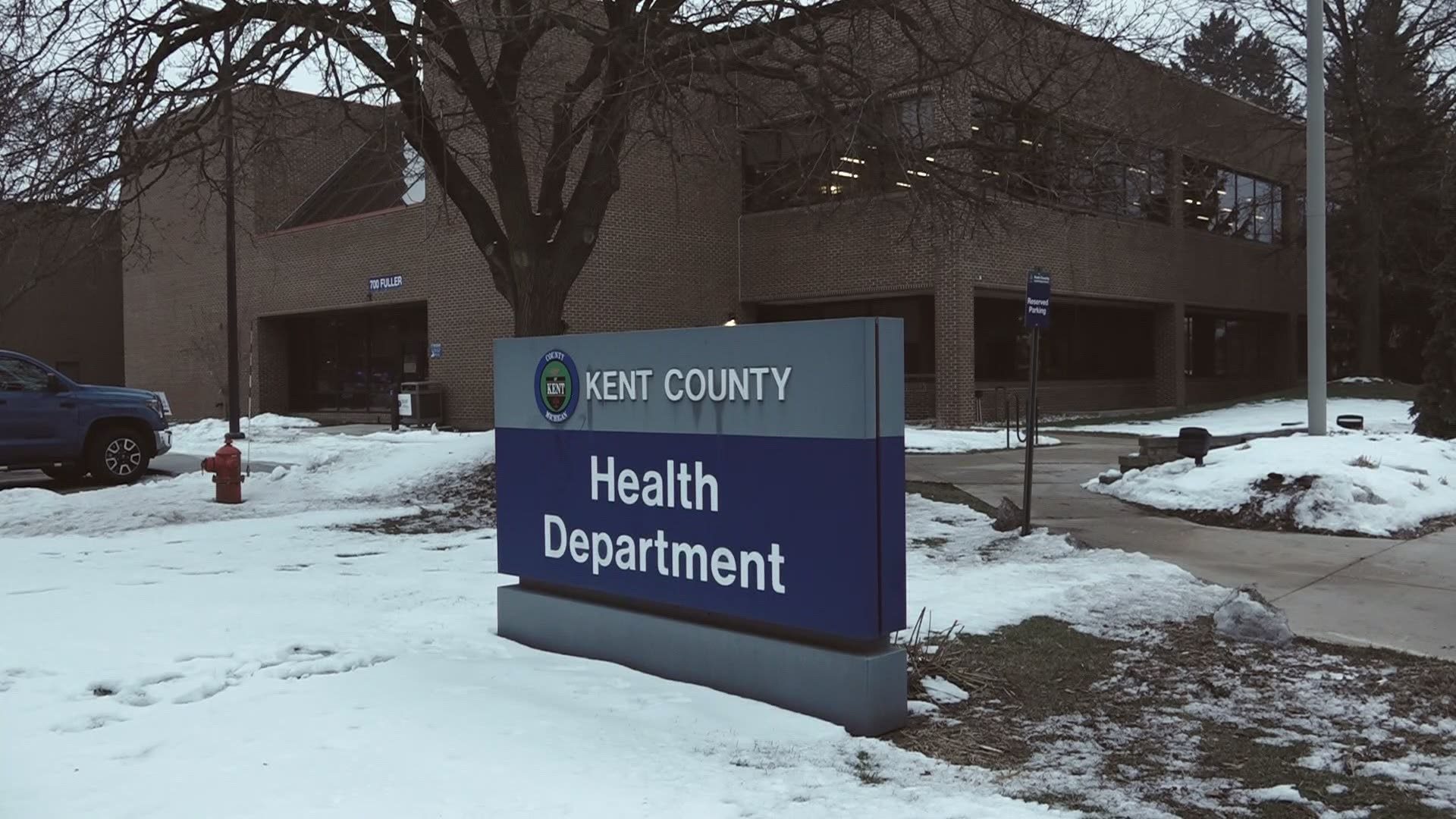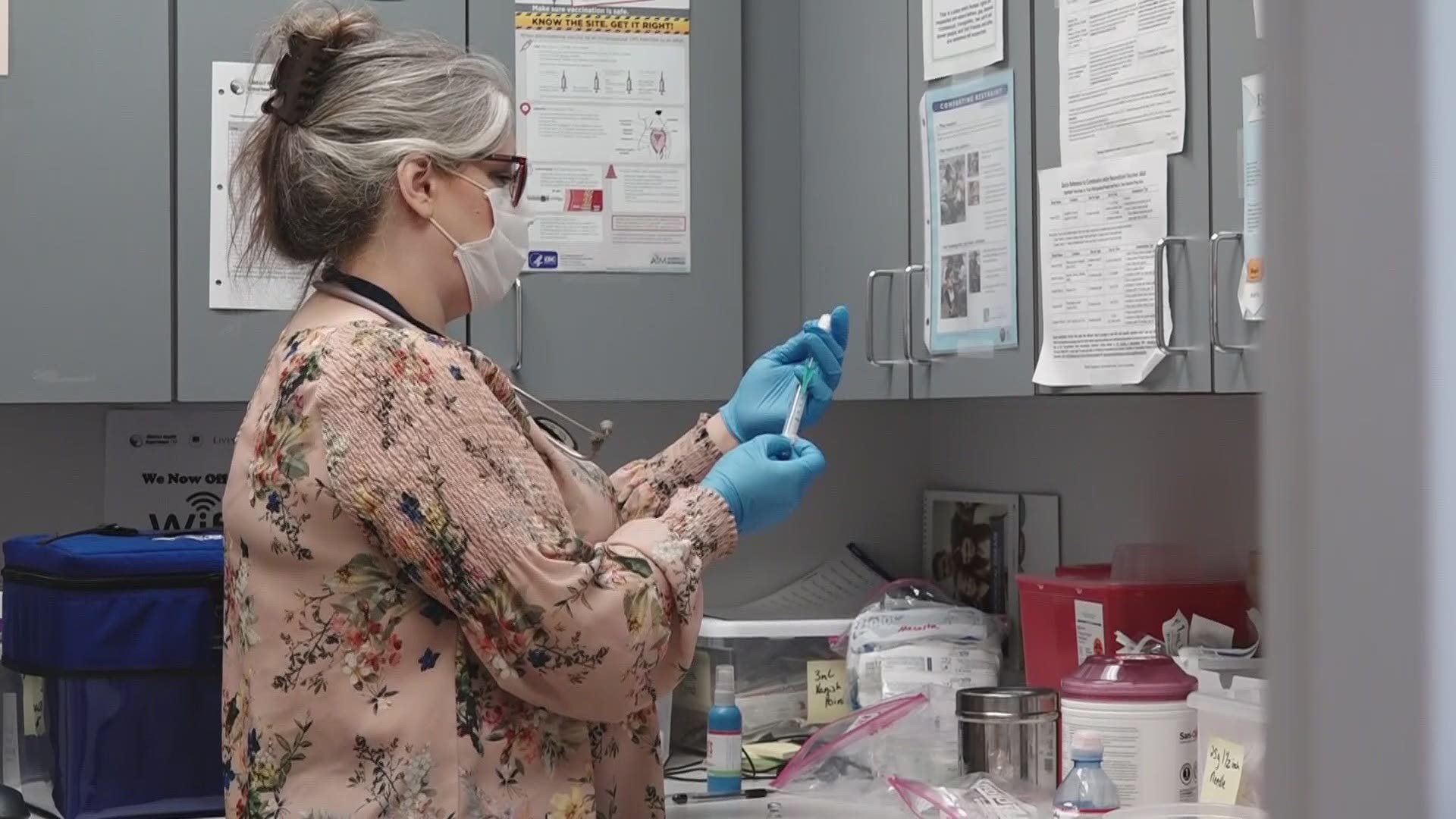GRAND RAPIDS, Mich. — New strains of COVID-19 are making headlines and impacting countries around the world.
The virus has mutated, or changed, but what exactly does that mean and should we be concerned?
“This variant is more fit, or it works better,” said Daniel Rhoads, MD, a microbiologist with Cleveland Clinic. “Naturally, there’s going to be more of it and it’s going to be transmissible more easily, and grow more readily and then kind of take over, so to speak, the population of viruses.”
He said viruses mutate randomly all the time and scientists have been expecting coronavirus’ genetic makeup to change.
He explained mutation is a little like somebody recopying a script over and over, and occasionally making an error – the error is a mutation.
He says most mutations are insignificant and often detrimental to the virus, but sometimes the virus gets lucky and the mutation helps it work better.
In the case of COVID-19, the virus mutated so the new strain can now latch onto our cells more effectively.
However, once someone is infected, the virus behaves the same as we’ve come to expect.
The good news is testing tools still identify these new strains.
“These new variants can still be detected with our current methods of detection, so that’s one thing that should be reassuring, is that we can still detect these variants just like we’ve been able to detect the original strains,” said Dr. Rhoads.
Currently, scientists say they have no data to show the mutations have any impact on COVID-19 vaccine effectiveness.
RELATED VIDEO:
►Make it easy to keep up to date with more stories like this. Download the 13 ON YOUR SIDE app now.
Have a news tip? Email news@13onyourside.com, visit our Facebook page or Twitter. Subscribe to our YouTube channel.


